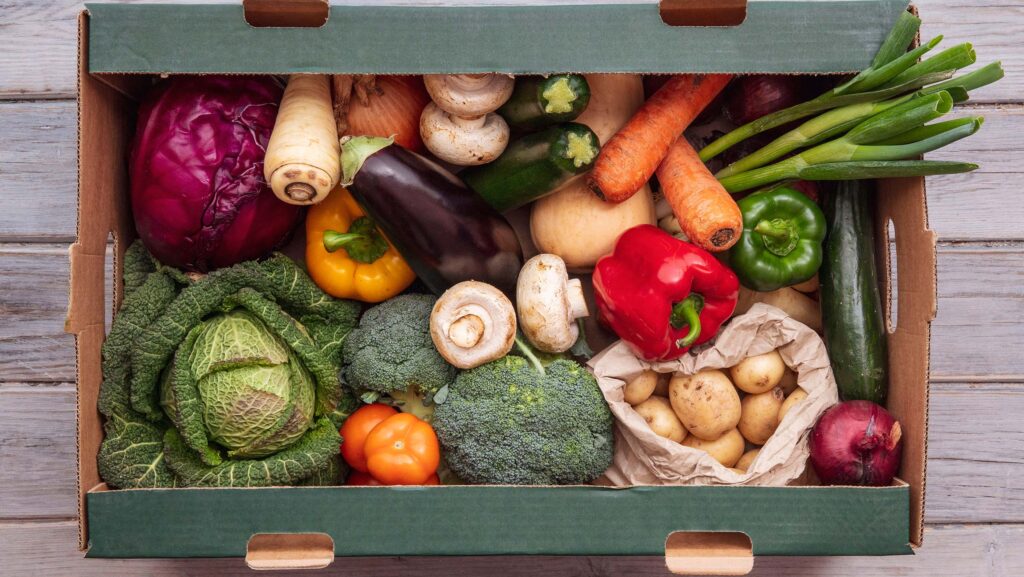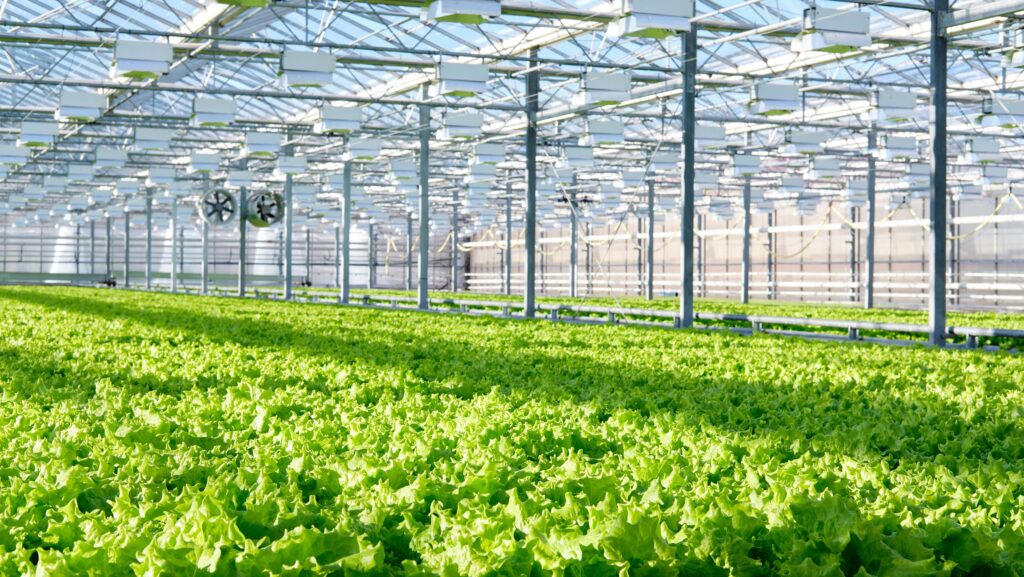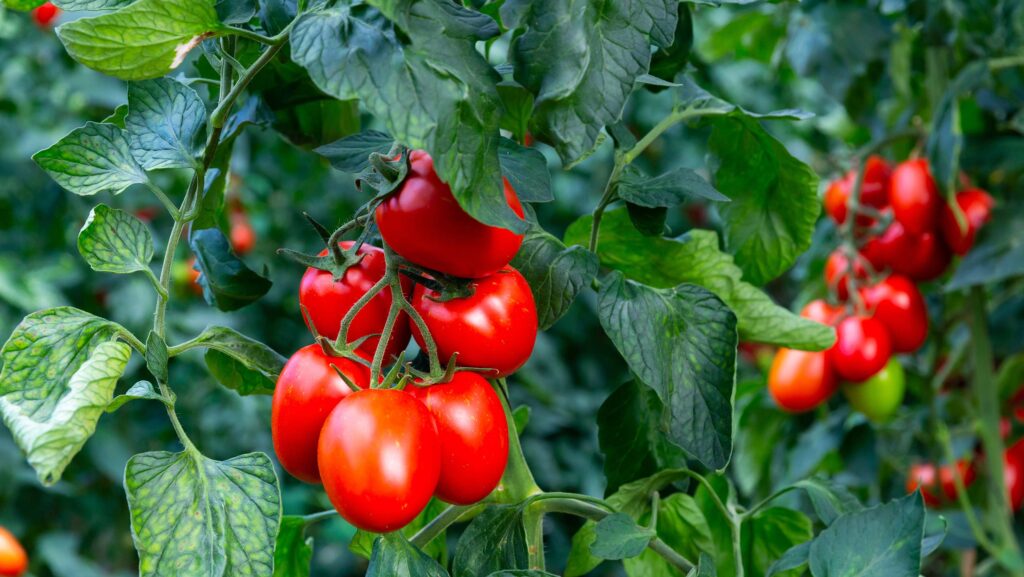Scientists label Riverford ‘farmwashing’ campaign hypocritical
 © Adobe Stock
© Adobe Stock Science for Sustainable Agriculture, a pro-science think tank, has launched a stinging attack on the so-called “farmwashing” campaign launched by organic veg box supplier Riverford against supermarket practices, accusing the group of “brazen hypocrisy”.
The Farmers Against Farmwashing campaign was launched in late September, with 100 individuals and farming organisations writing to the “big six” supermarkets, objecting to their use of “fake farm brands”.
See also: Riverford unveils ‘Farmers Against Farmwashing’ campaign
This, they said, fooled consumers into thinking their food came from “quaint British family farms”, when in reality much of it was sourced from “industrial US-style mega-farms or from overseas”.
Campaign organiser Guy Singh-Watson, the founder of Riverford, said such practices were contributing to the decline of British family farms.
He urged the supermarkets to source more from small, family farms and less from “mega-farms”.
“The British public have shown they care and would pay a little more if they knew it supported better farming,” he said.

© Adobe Stock
Not convinced
But Science for Sustainable Agriculture (SSA) is not convinced.
SSA co-ordinator Daniel Pearsall said: “It may not be too surprising that Mr Singh-Watson, running a business which sells direct to the consumer, is having another pop at the supermarkets, since they represent Riverford’s main source of competition.
“But when Riverford’s current ‘Familiar Favourites’ organic veg box includes courgettes, sweet potatoes, cucumber and cherry tomatoes, all shipped in from Spain, is there really such a big difference?”
SSA member and plant scientist Julian Little is also sceptical about claims of transparency, criticising the widespread use of non-organic seed by certified organic growers – permitted under “emergency” provisions and estimated to account for 90% of seed for some veg crops.
“Shoppers paying a premium for organic products would not expect them to have been grown from non-organic seed, and certainly not without labelling to that effect,” he said.
Pricing
The SSA has also challenged Riverford and the “farmwashing” campaign about the relative price of organic and conventional food, suggesting organic veg from Riverford costs more than double the conventional equivalent in a supermarket.
“When one in four people in the UK are still ‘food insecure’, there is something rather grotesque about a ‘farmwashing’ campaign clearly intended to encourage people to pay much, much more for their food,” it said.
Standing firm
But Riverford is standing firm, accusing the SSA of “mudslinging”.
Mr Singh-Watson said: “At Riverford, we publicly share the origins of all our produce, providing full traceability.
“Our ‘Farmers Against Farmwashing’ campaign is a simple plea for integrity. Supermarkets should pay farmers fairly and be honest with shoppers about where their food comes from, instead of misleading them with fake farm brands.”
He also pointed to the “resilient and diverse” supply chain Riverford enjoys, pointing out that, when supermarket shelves were empty in 2023, “our long-term relationships with trusted Spanish growers ensured our supply remained steady”.

© Adobe Stock
Seed issues
On the subject of non-organic seed, Soil Association head of farming policy Gareth Morgan explained that there were occasions when organic producers needed to seek authorisation to use non-organic seeds. “But even then those seeds cannot be treated with pesticides,” he said.
“This is explained in detail in the organic regulations and a government database, which are all publicly available,” he added.
Mr Morgan said he was “delighted” to see SSA taking an interest in transparent labelling. “We look forward to seeing their support for clear labelling of gene-edited products, as backed by consumers responding to the Food Standards Agency consultation last year,” he said.
